Movie theatres once defined Friday nights across the country, sticky floors, popcorn buckets, and that satisfying hum before the film began. But as streaming services surged and rents soared, many beloved cinemas couldn’t keep up. What once felt like community anchors slowly faded into history. From legendary art houses to suburban multiplexes, these theatres served generations of moviegoers before their screens went dark. Here are 21 Canadian cinemas that shut down for good.
Uptown Theatre, Toronto (Closed 2003)
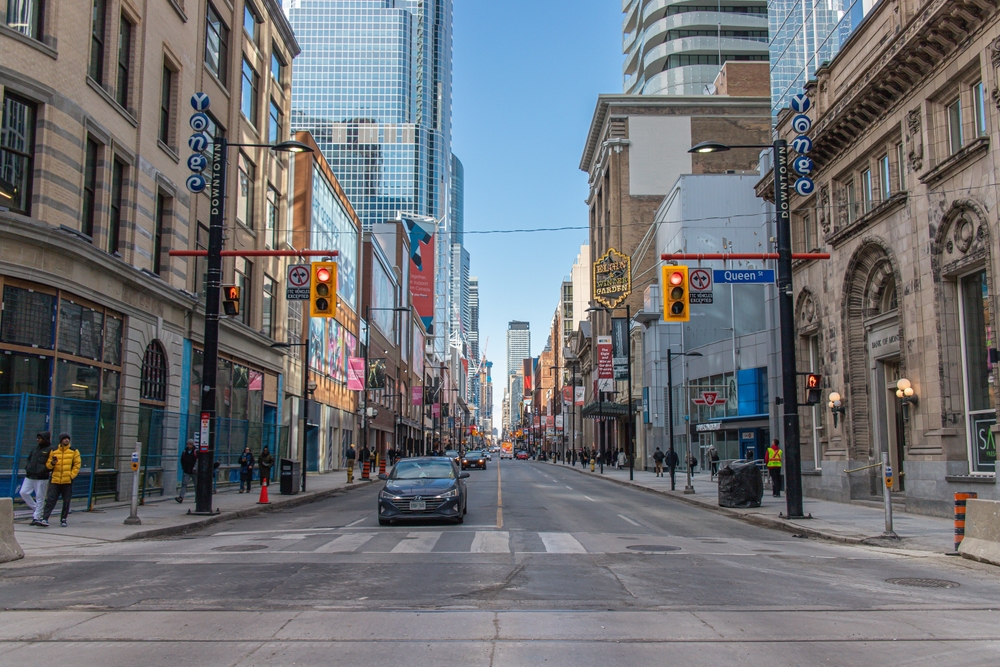
The Uptown Theatre on Yonge Street was one of Toronto’s most iconic movie houses. Opened in 1920, it began as an opulent, single-screen venue before adapting into a five-screen complex in later decades. Known for its grand balconies and ornate interiors, it was a favourite for TIFF screenings and arthouse films. Rising rent, outdated infrastructure, and accessibility issues ultimately led to its closure in 2003. Its demolition the following year symbolized a turning point for Toronto’s historic cinemas, sparking debates about preserving cultural landmarks versus modern urban development priorities.
Capitol Theatre, Ottawa (Closed 1970)

Opened in 1920, Ottawa’s Capitol Theatre was once considered the capital’s “palace of dreams.” It featured a 2,500-seat auditorium, chandeliers, and a pipe organ for silent films. Operated by Famous Players, it hosted a wide range of events, from early Hollywood classics to community gatherings. By the late 1960s, however, television and suburban theatres chipped away at its attendance. The Capitol was demolished in 1970, replaced by an office tower. Locals still recall it as the crown jewel of Ottawa’s movie scene, a loss that marked the end of large, single-screen grandeur in the city’s downtown core.
Paramount Theatre, Montreal (Closed 2014)
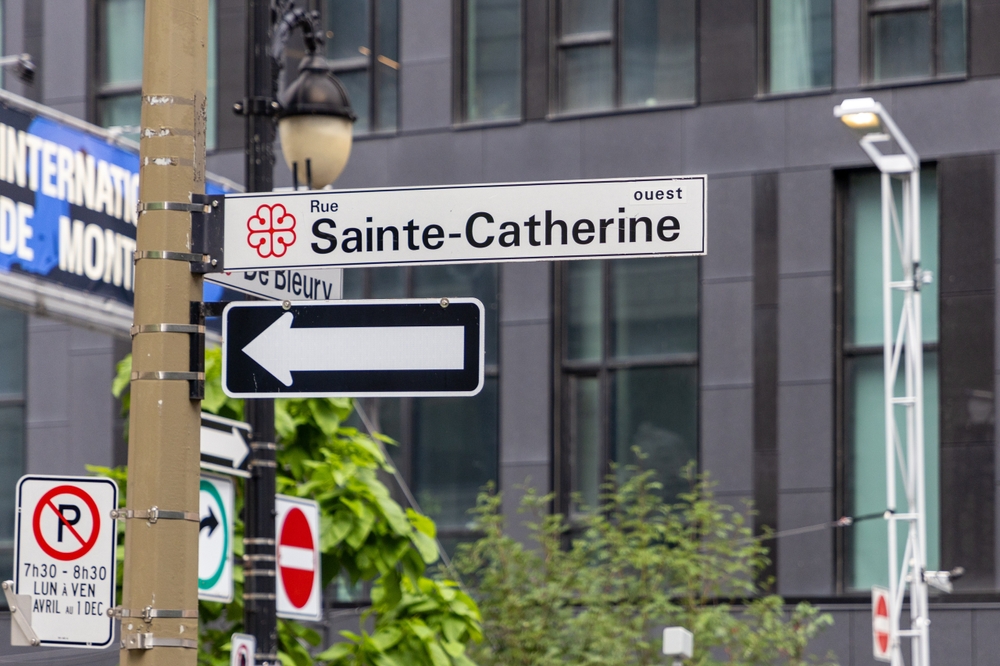
Montreal’s Paramount Theatre, located on Sainte-Catherine Street, opened in 1921 and became synonymous with luxury movie-going. Later renamed Scotiabank Theatre, it survived several corporate takeovers but was unable to weather the shift toward home streaming and rising maintenance costs. The building’s ornate façade was a heritage marvel, and its closure in 2014 left a cultural gap in downtown Montreal’s entertainment scene. Locals lamented losing a space that once hosted both blockbuster premieres and quiet weekday matinees, capturing nearly a century of Quebec’s evolving cinema culture.
Hyland Cinema, London (Closed 2020)
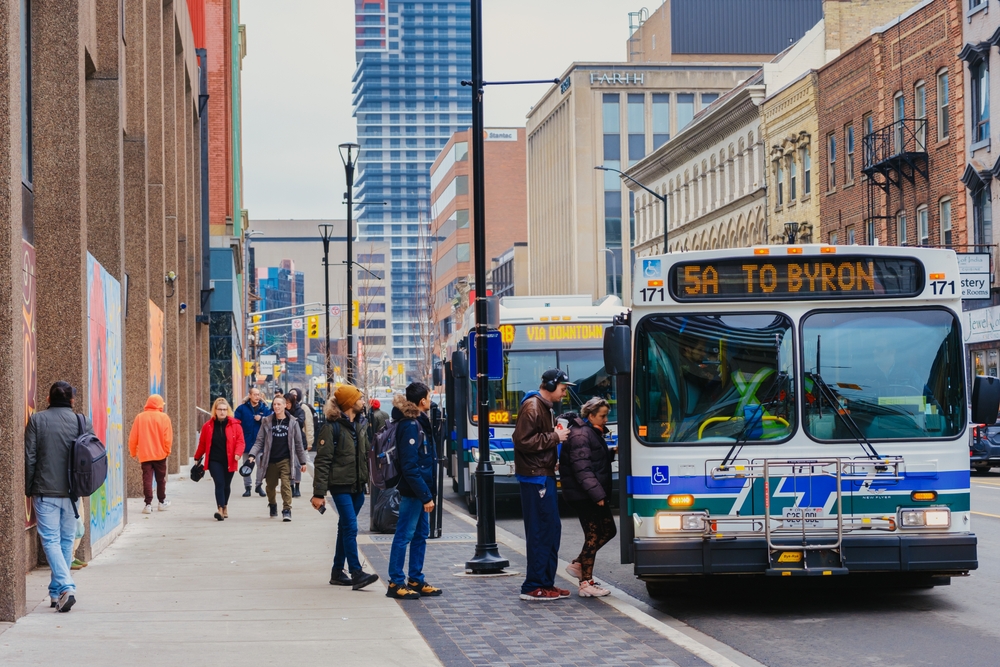
The Hyland Cinema in London, Ontario, began as a family-run independent theatre in the 1940s. Known for screening indie, foreign, and cult classics, it built a loyal following among university students and film buffs. The pandemic lockdowns proved fatal for its operations, leading to a permanent closure in 2020 after decades of resilience. Its absence left a noticeable void in London’s arts community, especially for viewers seeking alternatives to Hollywood blockbusters. The building has since been eyed for redevelopment, though long-time patrons still recall it as a sanctuary for offbeat and meaningful cinema.
Imperial Theatre, Vancouver (Closed 1973)
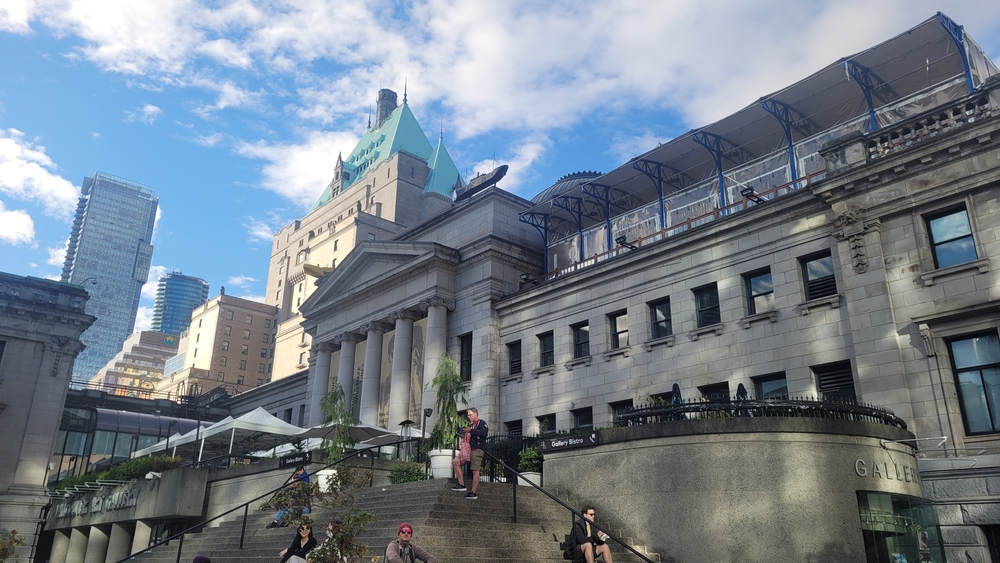
Vancouver’s Imperial Theatre opened in 1912, initially hosting vaudeville acts before becoming a popular cinema. With its Art Deco interiors and rich history, it was one of the city’s earliest cultural landmarks. Changing audience habits in the 1960s, coupled with new suburban multiplexes, led to its decline. By 1973, the Imperial shut down for good, eventually converted into a nightclub decades later. Although the building still stands, its cinematic legacy remains frozen in the black-and-white photos of Vancouver’s early film era, when the Imperial stood as a symbol of modern entertainment.
Elgin Theatre, Halifax (Closed 1999)

Located on Spring Garden Road, Halifax’s Elgin Theatre was a beloved two-screen venue that opened in the 1930s. It thrived through the mid-century boom of moviegoing but struggled once large multiplexes arrived in the suburbs. Despite efforts to rebrand and modernize, dwindling attendance forced its closure in 1999. The theatre had been a go-to destination for date nights and university students, known for its quirky double features and affordable tickets. Its closing signaled the decline of downtown Halifax’s independent entertainment scene, later replaced by retail space lacking the same community spirit.
The Towne Cinema, Winnipeg (Closed 2017)
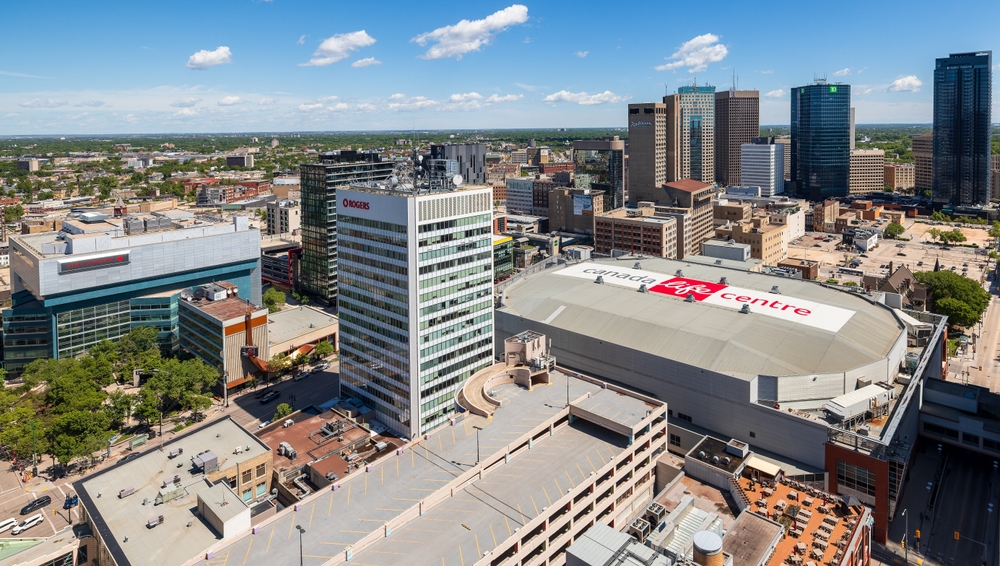
Opened in 1948, Winnipeg’s Towne Cinema became a cultural staple for downtown residents. It hosted everything from local film festivals to blockbuster runs. As digital projection costs rose and streaming became dominant, the Towne struggled to remain profitable. In 2017, after nearly 70 years of operation, it closed permanently. Its iconic marquee was removed, symbolizing the fading era of standalone urban theatres. For many Winnipeggers, losing the Towne felt personal; it had long been one of the few remaining spots where community and cinema truly intersected.
Carlton Cinema, Toronto (Closed 2019)
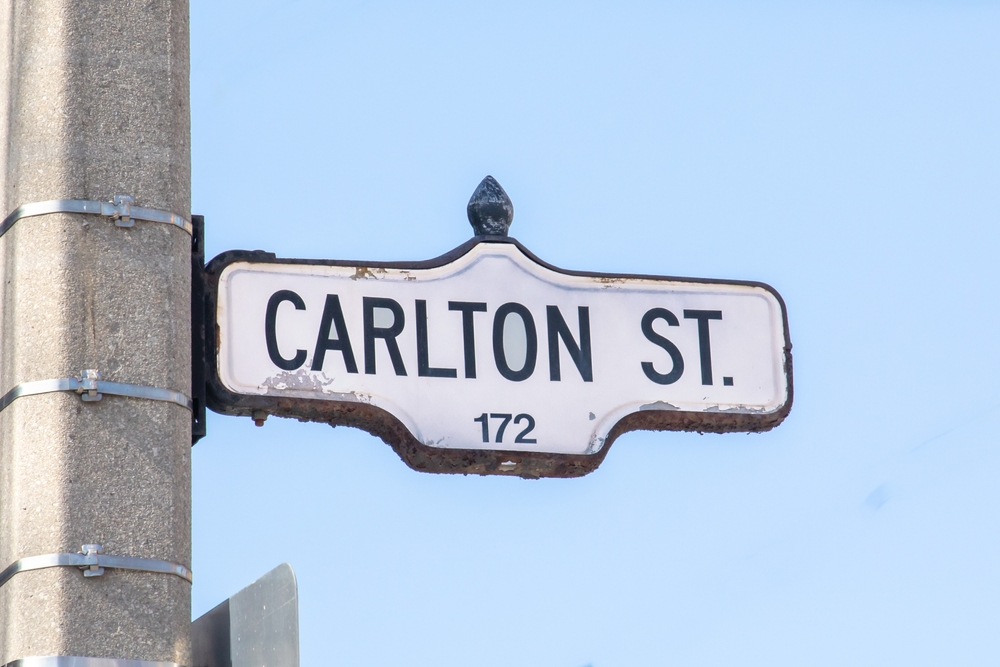
Toronto’s Carlton Cinema was an oasis for independent and international films. Originally opened in 1981, it offered something larger multiplexes rarely did—diverse, non-mainstream content. Located near Yonge and Carlton Streets, it served as a hub for niche audiences and film students. Rising rents and declining ticket sales led to its 2019 closure, though it briefly reopened under new management before shutting down again. Its loss underscored the fragile economics of indie cinema, even in a metropolis known for celebrating film culture through festivals and creative communities.
Odeon Theatre, Saskatoon (Closed 2020)
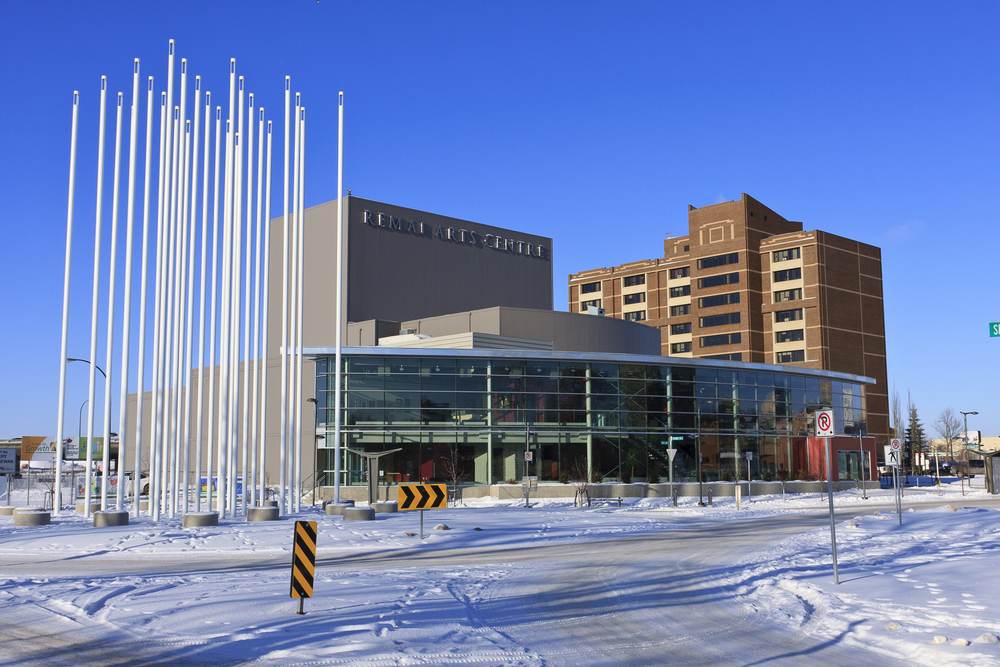
The Odeon Theatre was one of Saskatoon’s most recognized entertainment spots since the 1960s. Initially operated by Famous Players, it evolved into a Cineplex property before eventually succumbing to pandemic closures in 2020. The single-screen setup couldn’t compete with the suburban multiplex boom. Its closure ended decades of tradition for local moviegoers who preferred its intimate setting to the massive mall theatres. Though the building still stands, its shuttered doors reflect the end of an era where downtown cinemas served as vital social spaces.
Plaza Theatre, Calgary (Closed 2021)
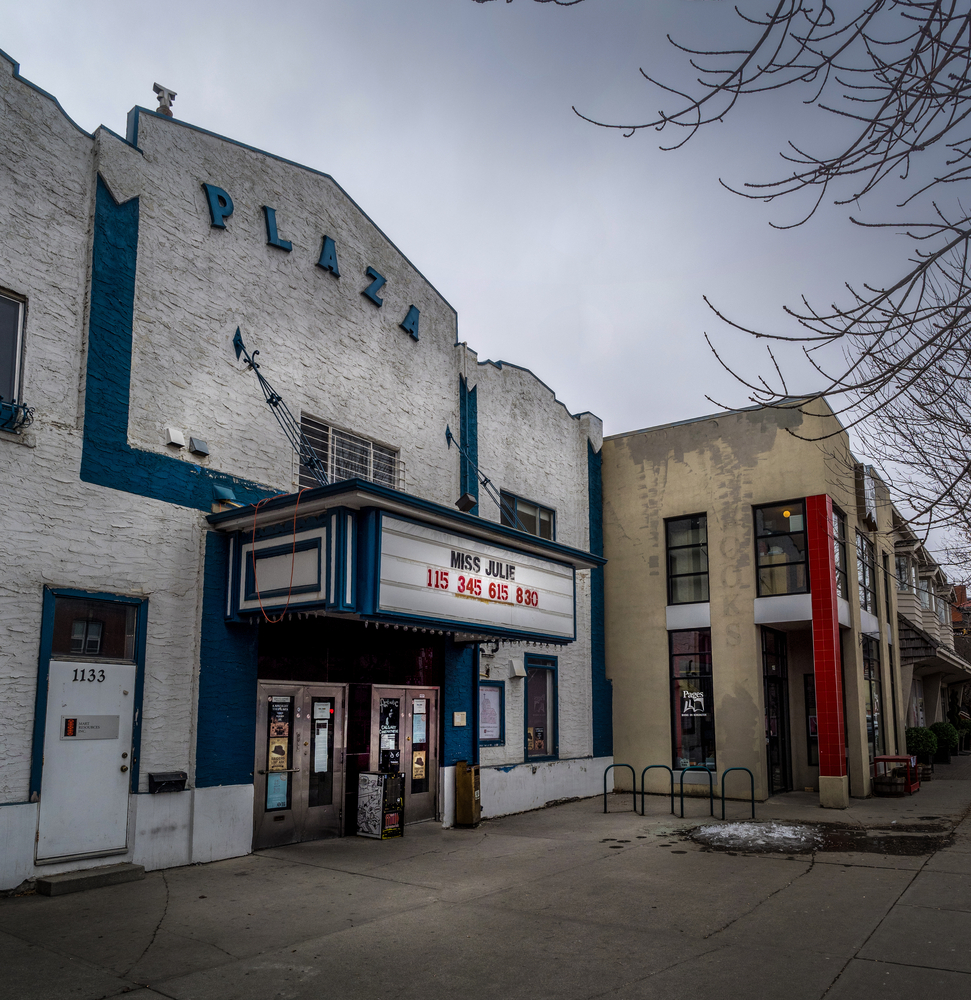
Calgary’s Plaza Theatre opened in 1935 in the city’s Kensington district and became an institution for art-house and repertory films. After nearly nine decades of operation, it faced insurmountable financial pressures during the pandemic and closed in 2021. Known for screening everything from cult classics to film festival entries, the Plaza was more than a theatre; it was a cultural hub. Locals mourned its loss, and campaigns briefly arose to preserve it as a heritage venue. While the building later found new owners, its original cinematic legacy remains unmatched in Calgary’s film community.
Capitol 6 Theatres, Victoria (Closed 2013)

Victoria’s Capitol 6 opened in 1981 as one of the city’s first modern multiplexes. It offered a premium experience with multiple screens and spacious seating long before mall cinemas dominated. Over time, competition from newer Cineplex venues drained its audience. By 2013, it closed permanently, leaving behind nostalgic memories for movie lovers who grew up watching classics there. Despite proposals to reopen it as a community cinema, plans never materialized. The Capitol 6’s closure was particularly symbolic, ending a chapter in Victoria’s urban entertainment history.
Roxy Theatre, Edmonton (Closed 2015)
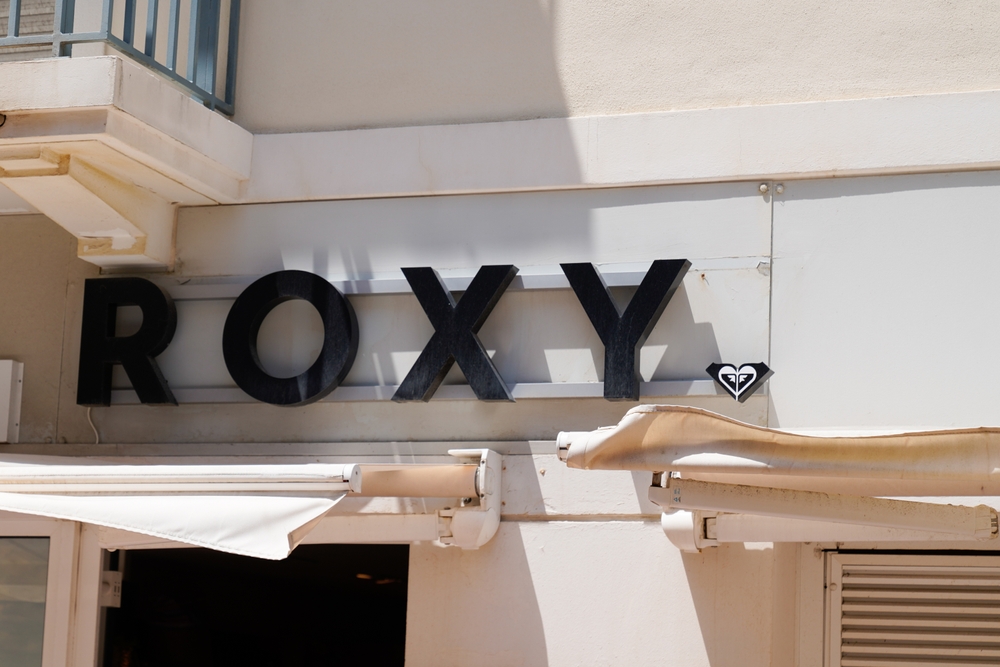
Opened in 1938, Edmonton’s Roxy Theatre was a beacon for local film enthusiasts and performers alike. Originally screening Hollywood hits, it evolved into a home for independent and Canadian productions. A devastating fire in 2015 destroyed the building, marking the abrupt end of an 80-year legacy. Its loss deeply impacted Edmonton’s cultural scene, though efforts to rebuild a modern version began shortly after. The Roxy’s closure wasn’t due to economics but tragedy, a reminder of how vulnerable community institutions are to both time and unexpected disasters.
Cinema du Parc, Montreal (Closed 2020)
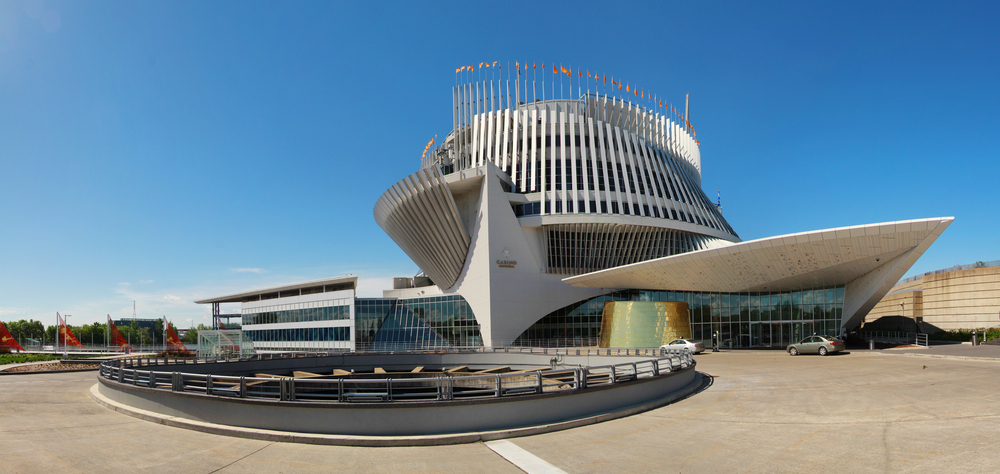
Cinema du Parc was one of Montreal’s most cherished art-house cinemas, known for screening independent films and documentaries. Its cozy atmosphere and commitment to alternative cinema gave it a loyal following. Financial struggles worsened during the pandemic, leading to a temporary closure in 2020 that later became permanent. For many cinephiles, it was the last remaining space for small-scale international screenings. Its closure represented more than the loss of a theatre; it signaled the erosion of Montreal’s once-thriving grassroots film community that championed diverse storytelling.
The Varsity Theatre, Toronto (Closed 2022)
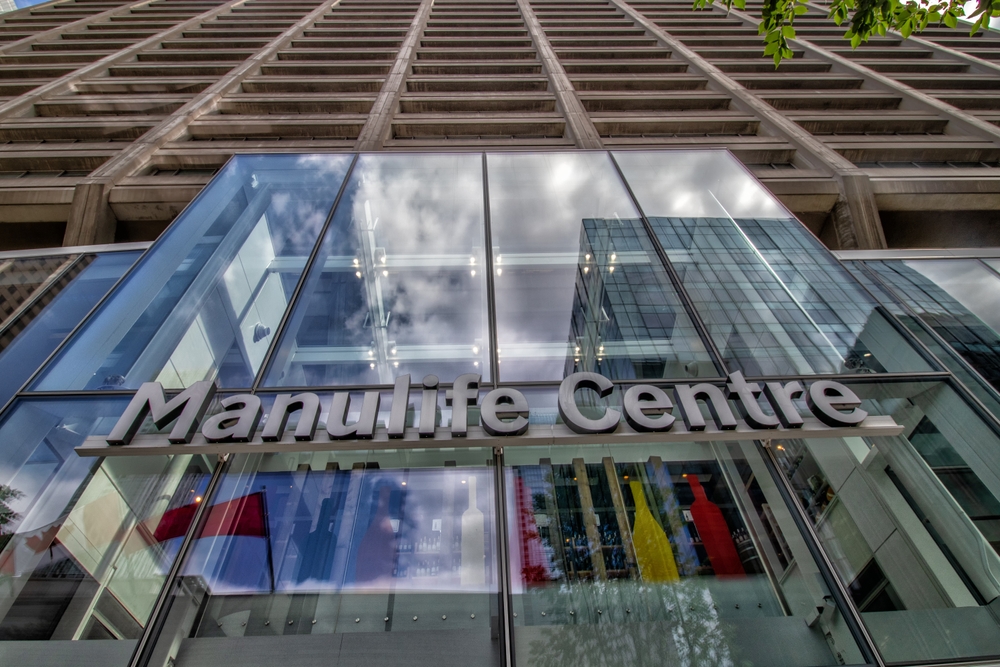
Located in the Manulife Centre, the Varsity Theatre was a key destination for film festivals and limited-release films. Though owned by Cineplex, it retained an intimate charm that attracted serious moviegoers. The pandemic’s prolonged effects and shifting consumer habits pushed the operator to close it in 2022. Known for plush seating and indie screenings, the Varsity’s loss stung particularly hard in a city defined by its love for cinema. It had been a favourite of Toronto International Film Festival attendees and downtown residents alike.
Westmount Theatre, Montreal (Closed 2000)
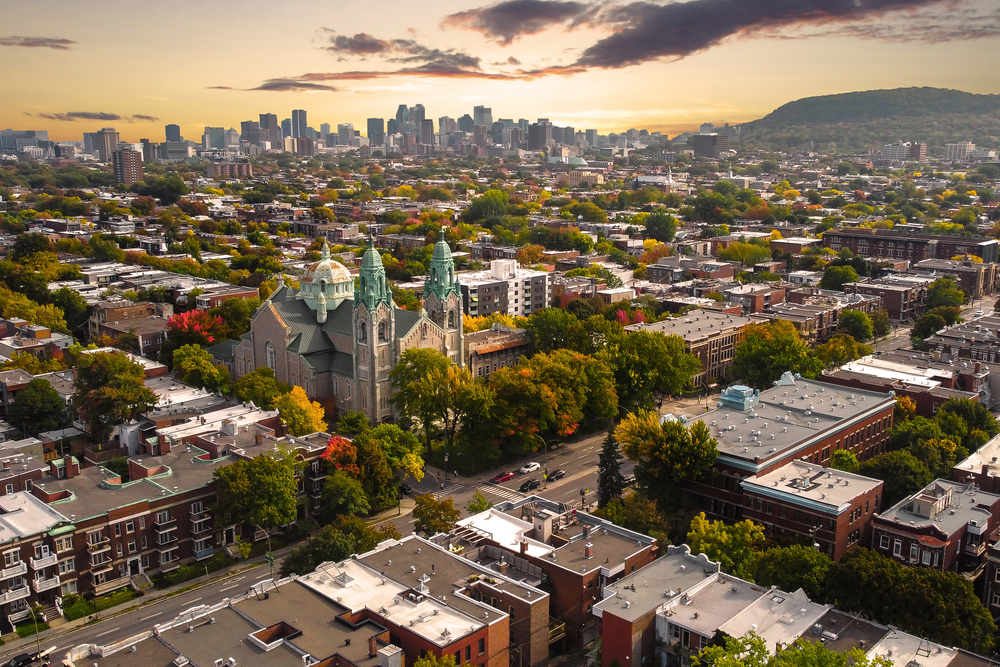
Built in 1930, Westmount Theatre served generations of Montrealers with its Art Deco charm and single-screen grandeur. By the 1990s, with multiplexes on the rise, attendance steadily dropped. The building was sold and repurposed in 2000, ending nearly 70 years of cinematic history. Residents often recall it as a neighbourhood anchor where families spent weekends together. Despite efforts to preserve its façade, its transformation into commercial property erased a beloved local landmark that once captured Montreal’s golden film era in its flickering reels.
Regent Theatre, Saint John (Closed 2018)
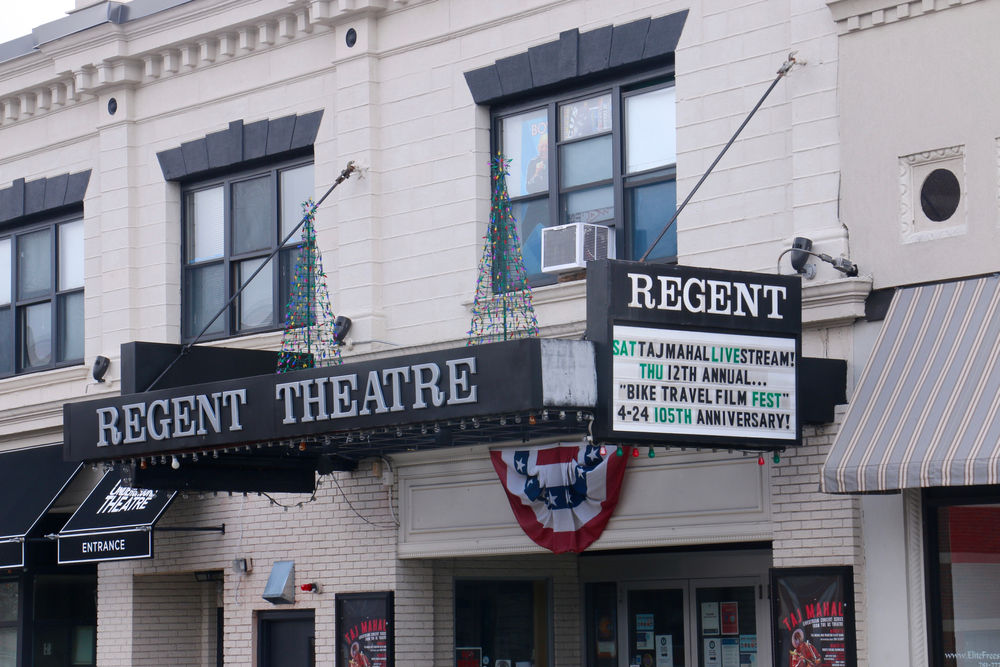
The Regent Theatre stood as one of New Brunswick’s oldest movie houses, opening in 1927. Its lavish interior, complete with red velvet curtains, gave audiences a sense of occasion. After decades of operation, declining patronage and high maintenance costs forced its closure in 2018. The Regent had long hosted community events alongside movie screenings, making its loss a cultural setback for Saint John. Though preservationists tried to save it, the financial burden proved too steep, and the theatre’s final curtain fell quietly.
Tivoli Theatre, Hamilton (Closed 2004)
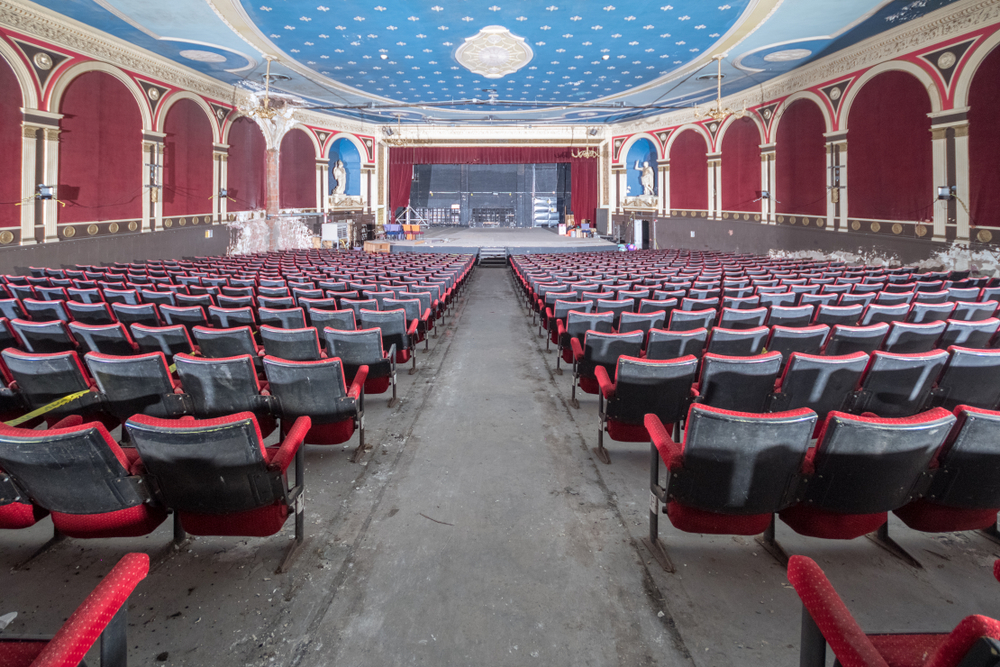
The Tivoli Theatre in Hamilton opened in 1875 as an opera house before transitioning to film in the early 20th century. It gained heritage status but suffered years of neglect and partial collapse in 2004. Attempts to revive it repeatedly failed due to structural challenges and limited funding. The Tivoli’s closure highlighted how urban neglect and lack of investment can erase cultural landmarks. Once considered Hamilton’s artistic heart, it now exists only in archival photos and the memories of patrons who witnessed its heyday.
Garneau Theatre, Edmonton (Closed 2020)
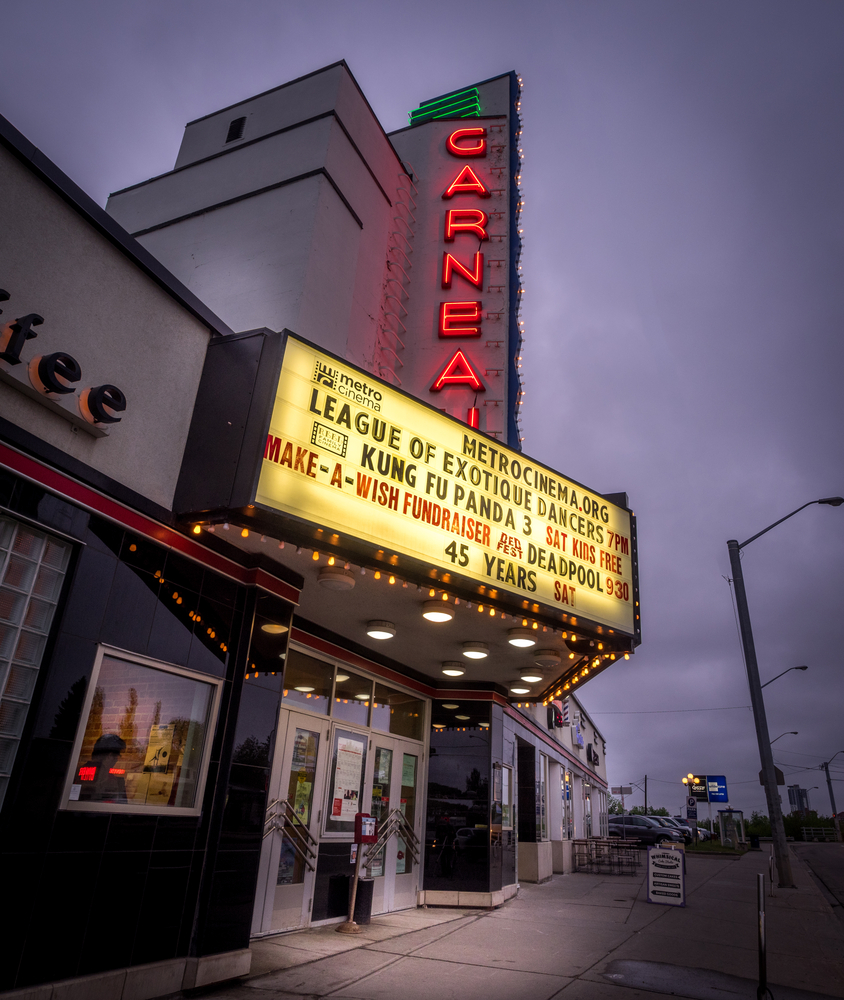
Built in 1940, the Garneau Theatre was Edmonton’s hub for repertory films and independent screenings. Operated by Metro Cinema in its final years, it survived multiple closures and re-openings before finally shutting down in 2020. Known for its retro charm and community programming, it appealed to students, artists, and nostalgic filmgoers. The closure came after years of financial strain exacerbated by changing viewing habits. Though efforts to restore it continue, the Garneau’s silence is a reminder of how even cherished landmarks struggle to stay relevant in the streaming era.
Capitol Theatre, Moncton (Closed 1982)
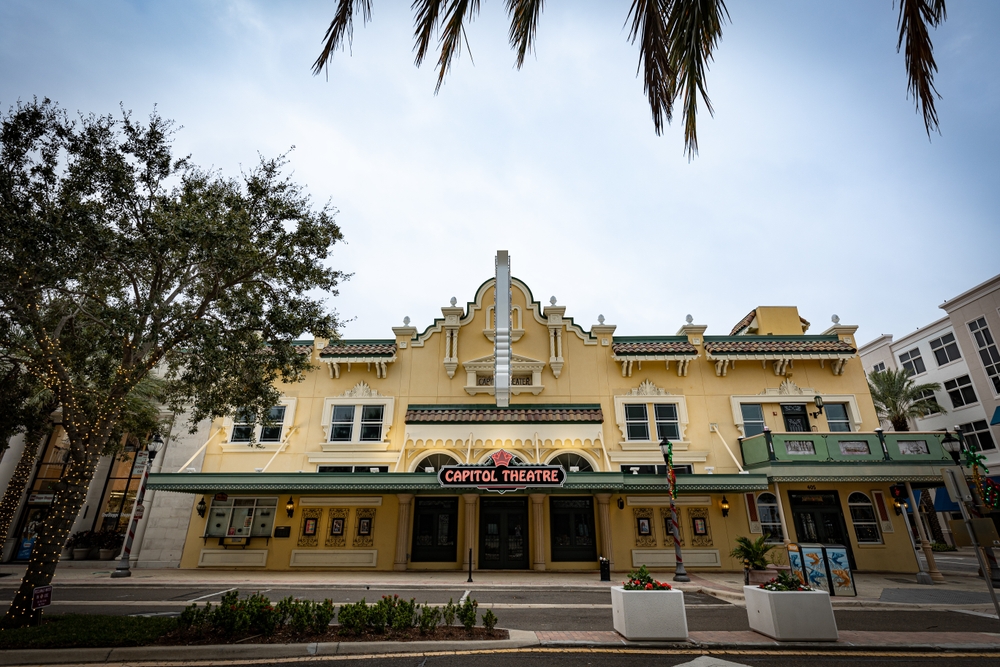
Opened in 1922, Moncton’s Capitol Theatre was once the grandest cinema in New Brunswick, with an ornate proscenium and art-nouveau details. By the early 1980s, however, it had fallen into disrepair. It closed in 1982 before later being restored as a performing arts venue rather than a cinema. The original theatre experience, the projector hums and audience applause, never returned. Yet, the Capitol’s transformation symbolized a successful preservation of cultural heritage, even if its cinematic function disappeared forever.
Ridge Theatre, Vancouver (Closed 2013)
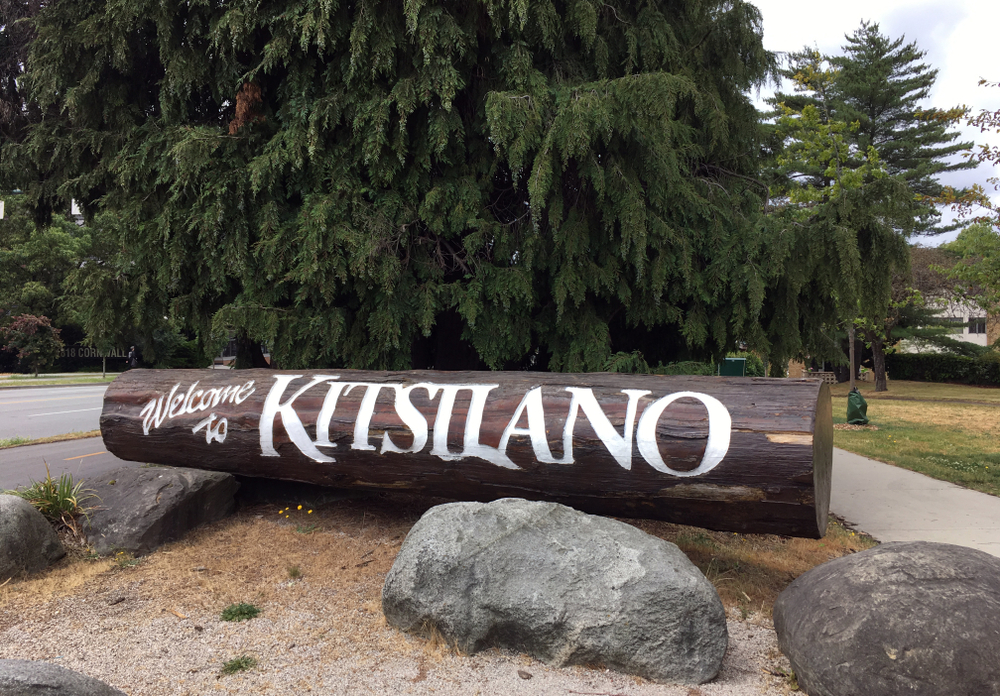
The Ridge Theatre was a staple of Vancouver’s Kitsilano neighborhood for over 60 years. Renowned for screening classics, independent films, and documentaries, it attracted loyal patrons. In 2013, rising property values and redevelopment plans forced its closure. The theatre’s neon sign was preserved as a tribute, but the building was replaced by condominiums. The Ridge’s demise highlighted how gentrification often displaces long-standing cultural spaces. Its loyal audience still remembers it as a cornerstone of the city’s alternative film scene.
Cumberland Theatre, Toronto (Closed 2012)
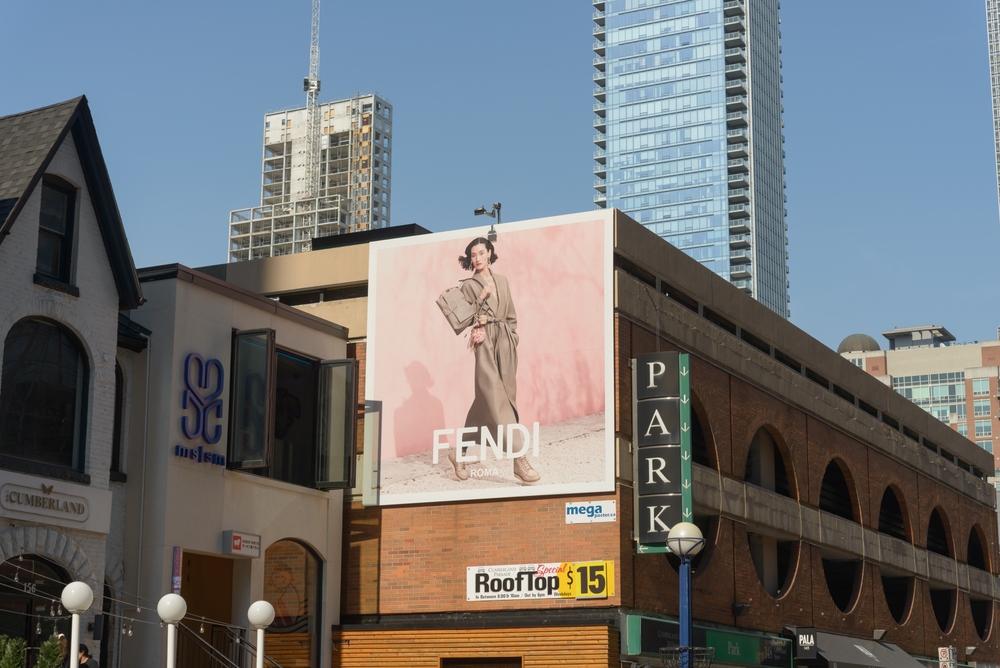
Nestled in Yorkville, the Cumberland Theatre was Toronto’s go-to spot for international and arthouse films. Opened in the 1980s, it catered to sophisticated audiences who sought subtitled gems over Hollywood blockbusters. Despite consistent appreciation from critics and locals, dwindling attendance led to its closure in 2012. Its sleek interiors and curated programming made it a favourite during the city’s artistic renaissance. Today, the space has been converted for retail, but the Cumberland’s influence on Toronto’s cinematic taste still lingers in the memories of loyal film enthusiasts.
21 Products Canadians Should Stockpile Before Tariffs Hit

If trade tensions escalate between Canada and the U.S., everyday essentials can suddenly disappear or skyrocket in price. Products like pantry basics and tech must-haves that depend on are deeply tied to cross-border supply chains and are likely to face various kinds of disruptions
21 Products Canadians Should Stockpile Before Tariffs Hit